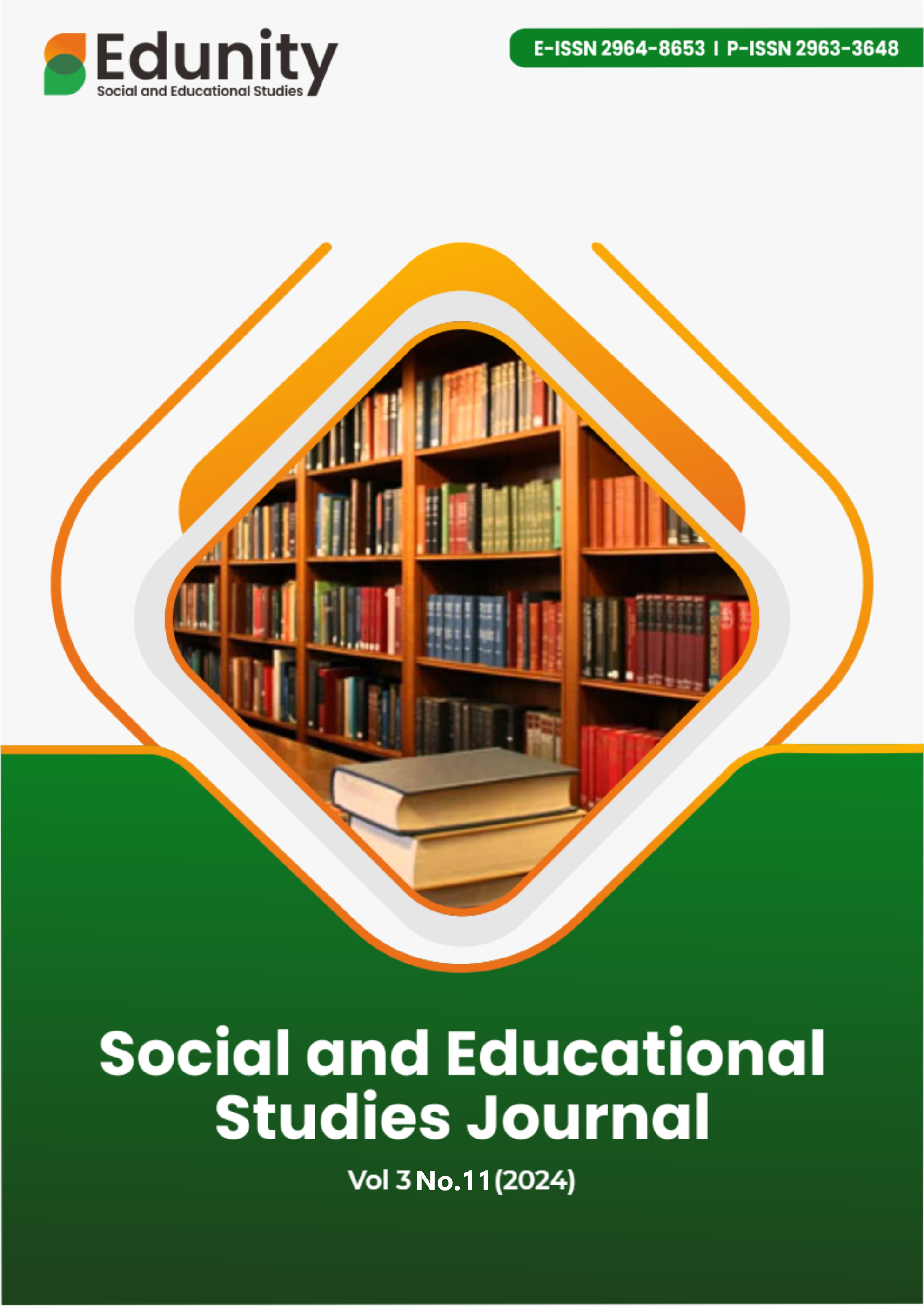The role and importance of empowering rural communities for rural development in Afghanistan
DOI:
https://doi.org/10.57096/edunity.v3i11.331Abstract
Empowerment of rural communities in Afghanistan has great potential to change the knowledge, attitudes and work practices of villagers. Empowerment is considered fundamental to achieving development, as progress without empowerment of marginalized communities is often considered impossible. The purpose of this study is to formulate a strategy for rural community empowerment in line with sustainable development in Afghanistan. This research utilizes qualitative content analysis of relevant sources, with data collection through document analysis. The research reviews existing studies and theories, and introduces the background of empowerment in the context of sustainable rural development. The results show that empowering rural communities can be done by utilizing local resources and increasing the capacity of individuals to innovate. Proposed strategies include improving access to education, skills training, as well as supporting local economic initiatives. Effective empowerment not only increases agricultural productivity, but also strengthens social ties and trust among community members. Empowerment is a multidimensional process that includes economic, social, cultural, psychological and environmental aspects. It is essential for achieving sustainable development in Afghanistan, where challenges such as poverty and social disparities are still widespread. Women's empowerment, in this context, is critical to the transformation of society as a whole. Empowerment of rural communities in Afghanistan is key to achieving sustainable development. With a focus on empowerment, Afghanistan can create a resilient rural population, which contributes to national stability and sustainable growth. Policy recommendations include developing inclusive empowerment strategies, improving access to education and resources, and actively involving communities in decision-making processes.

Downloads
Published
Issue
Section
License
Copyright (c) 2024 Fayaz Gul Mazloum Yar, Mahboobullah Musadiq

This work is licensed under a Creative Commons Attribution-ShareAlike 4.0 International License.
Authors who publish with this journal agree to the following terms:
- Authors retain copyright and grant the journal right of first publication with the work simultaneously licensed under aCreative Commons Attribution-ShareAlike 4.0 International (CC-BY-SA). that allows others to share the work with an acknowledgement of the work's authorship and initial publication in this journal.
- Authors are able to enter into separate, additional contractual arrangements for the non-exclusive distribution of the journal's published version of the work (e.g., post it to an institutional repository or publish it in a book), with an acknowledgement of its initial publication in this journal.
- Authors are permitted and encouraged to post their work online (e.g., in institutional repositories or on their website) prior to and during the submission process, as it can lead to productive exchanges, as well as earlier and greater citation of published work.






